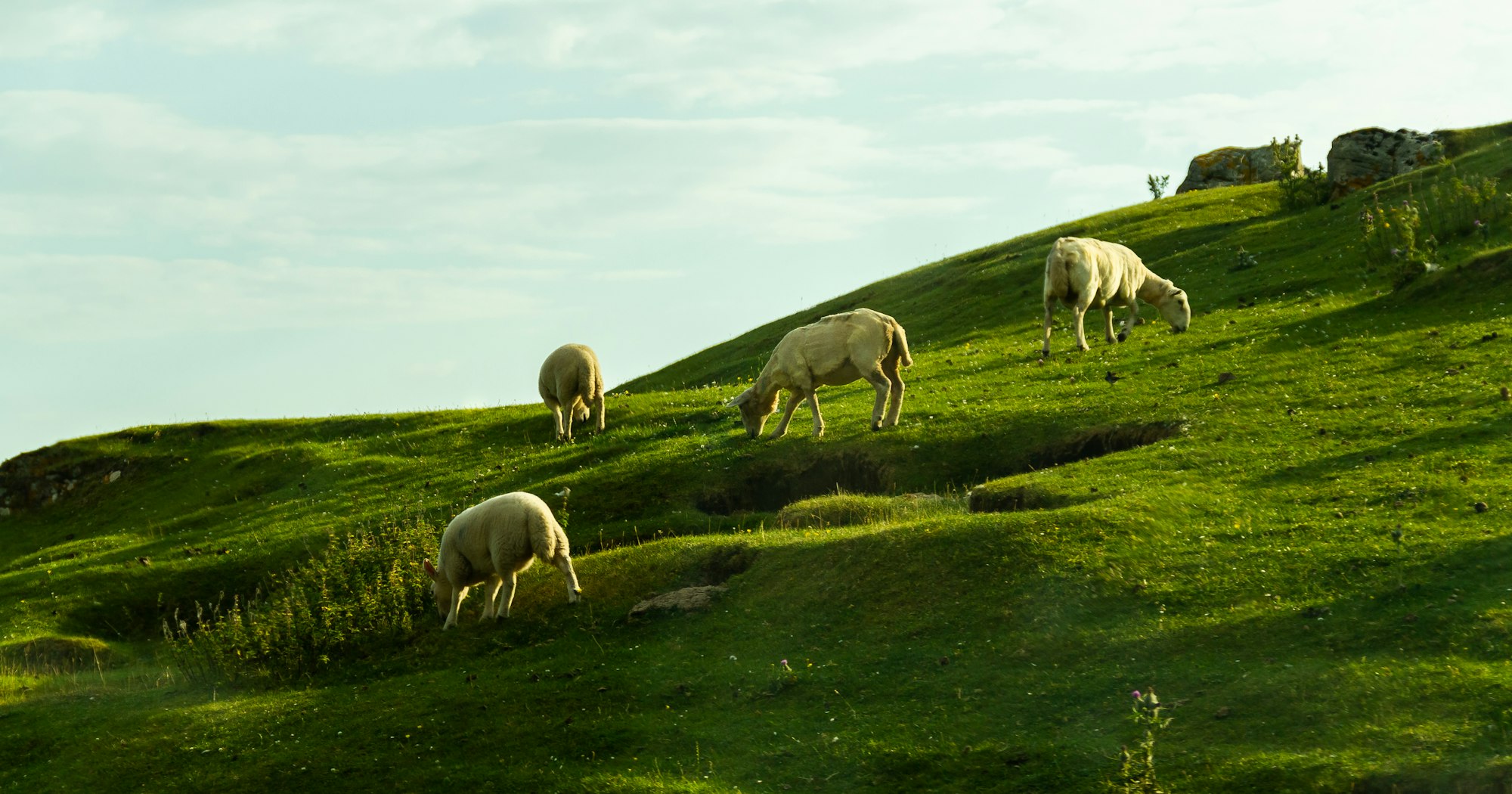Answering Pope Francis's challenge

Recently, His Holiness Pope Francis delivered a TED talk from Vatican City concerning the global climate crisis. The whole video is worth watching, but we'll look at the main points here and how Bene Homini addresses them.
In his message, Pope Francis calls on us to tackle climate change in three ways:
- Promote education geared towards caring for our common home, the Earth, and understanding that environmental problems are linked to human needs. We must base teaching on scientific data and an ethical approach.
- Focus on water and nutrition as a universal human right.
- Transition from fossil fuels to clean energy sources.
Science and Ethics
Scientific data is necessary but insufficient. Saying that we only use scientific data divides us from those who use science to create that data: we don't do science; we use what science produces. This differentiation between science and the product of science pushes us to see science in opposition to religion. But science doesn't have to oppose religion. Science is one more way to explore and model the universe.
Science assumes two things:
- the universe is self-consistent, and
- we can discover how it works through crises and careful observation.
We are open to learning new truths about the world because we know that the universe does not work according to our desires. We must mold our expectations to what the universe allows.
Science describes the world around us, but ethics describes the world within us. We must use ethics to temper what we learn through science. We must consider our present needs as well as our future needs. We must not fulfill wants today that lead to being unable to meet tomorrow's needs. How do we decide what is proper or improper? Which consequences are benign and which are harmful?
There are many systems of ethics. Bene Homini generally uses Aristotelian ethics with empathy as the guiding virtue. Empathy for ourselves, empathy for others, and empathy for our world. What is "right" does not determine what is good. Instead, what is good, as discovered through empathy, determines what is right.
Water and Nutrition
Children must have access to clean water and good nutrition to grow up and reach their full potential.[1] Many parts of our social safety net address this on a day-to-day basis. But these programs only address access to available clean water and nutritious food. They don't make sure that clean water and healthy food exists.
Water and nutrition are intertwined with our care for the Earth. Everything we make impacts our ability to get clean water and good food today. Everything we do impacts our ability to have the same in the future. Every polluted river is a river we can't use for clean water. Every well drilled to allow fracking risks polluting our groundwater.[2] Every fishing ground overfished is an empty sea.
We need sustainable practices that make sure we have enough food and water for generations to come. But, unfortunately, there's no single answer that works for everyone. The EAT-Lancet Commission Report is an excellent place to start, though it has some criticism.
Clean Energy
We must transition to clean energy if we want to have clean air, clean water, good food, and a world to care for in the future. We have to do this without making people jobless, homeless, or otherwise dispossessed of society.
But "clean energy" is complicated. Reducing greenhouse gasses is critical to avoid sea-level rise. But moving to other forms of energy, such as wind and solar, has its waste problems. So we swap one problem for another, but if that new problem buys us some time, then it might be okay.
So whom do we displace with our energy needs? Those on low-lying islands and in coastal areas who get swamped by rising sea levels? Those who have to live with toxic electronic waste? Those in unhealthy environments mining the materials to build clean energy sources?
What can you do?
It's easy to feel overwhelmed by everything. What can one person do to change global warming? What can one person do to ensure our children have clean water and healthy food? What can one person do to fight disinformation?
One option is to follow this site. We'll post from time to time on various topics and how they affect us. We'll discuss different ways forward, the pros and cons. We ask you to apply a scientific mind and empathetic heart to find solutions that can work for everyone.
Beyond that, keep an eye out for resources that can help navigate these problems. Make small changes day to day until you can be an example to those around you. Setting an example is more powerful than trying to convince people through talking.[3]
See "The link between food and mental health" for more information. ↩︎
See "Fracking: Gas Drilling's Environmental Threat" for a series of related articles by ProPublica. ↩︎
